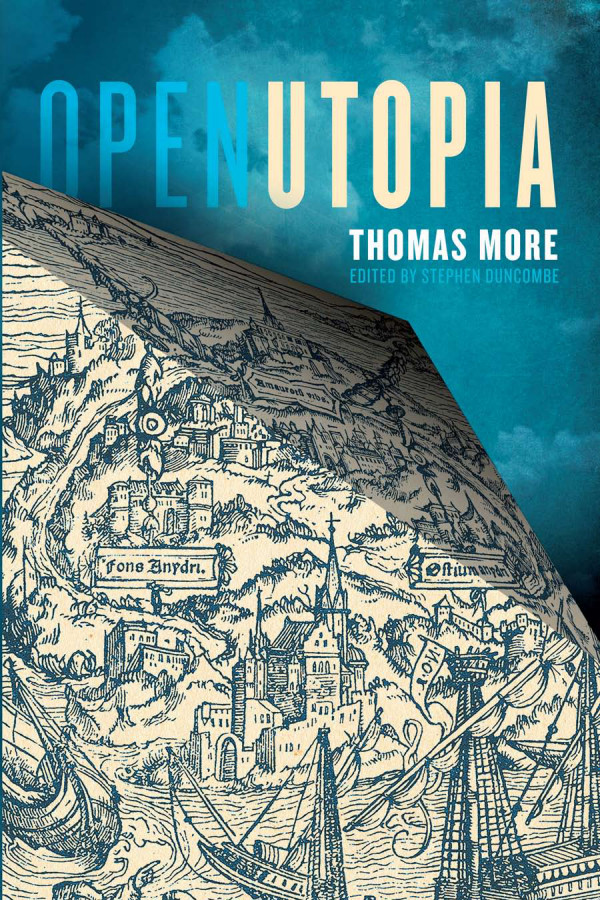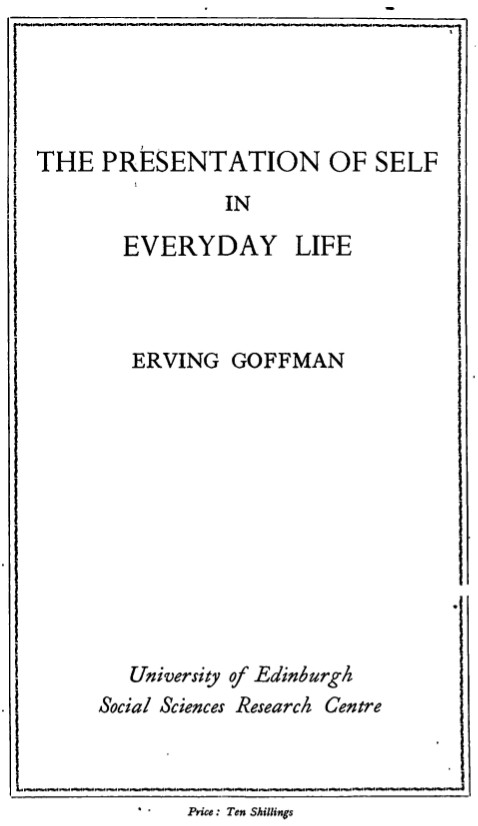Stephen Toulmin: Cosmopolis: The Hidden Agenda of Modernity (1990/1992)
Filed under book | Tags: · 1600s, 1700s, 1800s, 1900s, history, humanism, modernity, philosophy, rationalism, renaissance, society

In the seventeenth century, a vision arose which was to captivate the Western imagination for the next three hundred years: the vision of Cosmopolis, a society as rationally ordered as the Newtonian view of nature. While fueling extraordinary advances in all fields of human endeavor, this vision perpetuated a hidden yet persistent agenda: the delusion that human nature and society could be fitted into precise and manageable rational categories. Stephen Toulmin confronts that agenda—its illusions and its consequences for our present and future world.
Originally published by Free Press, New York, a division of Macmillan, 1990
Publisher University of Chicago Press, 1992
ISBN 0226808386, 9780226808383
240 pages
review (Quentin Skinner, The New York Review of Books)
wikipedia
publisher
google books
Thomas More: Open Utopia (1516/2012)
Filed under book | Tags: · politics, religion, society, utopia

Opinion polls, volatile voting patterns, and street protests demonstrate widespread dissatisfaction with the current system, yet the popular response so far has largely been limited to the angry outcry of No! But negation, by itself, affects nothing. The dominant system doesn’t dominate because people agree with it; it rules because we’re convinced there is no alternative.
We need to be able to imagine a radical alternative – a Utopia – yet we are haunted by the disasters of “actually existing” Utopias of the past century, from fascism to authoritarian socialism. In this re-issue of Thomas More’s generative volume, scholar and activist Stephen Duncombe re-imagines Utopia as an open text, one designed by More as an imaginal machine freeing us from the tyranny of the present while undermining master plans for the future.
Open Utopia is the first complete English language edition of Thomas More’s Utopia that honors the primary precept of Utopia itself: that all property is common property. Open Utopia, licensed under Creative Commons, is free to copy, to share, to use. But Utopia is more than the story of a far-off land with no private property. It is a text that instructs us how to approach texts, be they literary or political, in an open manner: open to criticism, open to participation, and open to re-creation. Utopia is no-place, and therefore it is up to all of us to imagine it.
In this volume, and its accompanying website, Utopia is re-imagined and brought into the digital age as a participatory technology for undermining authority and facilitating new imagination.
Edited and With an Introduction by Stephen Duncombe
Publisher Minor Compositions, Wivenhoe/New York/Port Watson, an imprint of Autonomedia, NY, 2012
Creative Commons Attribution-ShareAlike 3.0 Unported License
ISBN 9781570272455
242 pages
PDF
View online (from the publisher)
Erving Goffman: The Presentation of Self in Everyday Life (1956)
Filed under book | Tags: · everyday, life, social theory, sociology, theatre

“The Presentation of Self in Everyday Life is a seminal sociology book by Erving Goffman. It uses the imagery of the theatre in order to study human behavior in social situations and the way we appear to others. Discussions of social techniques are based upon detailed research and observation of social customs in many regions.”
Publisher University of Edinburgh, 1956
162 pages

